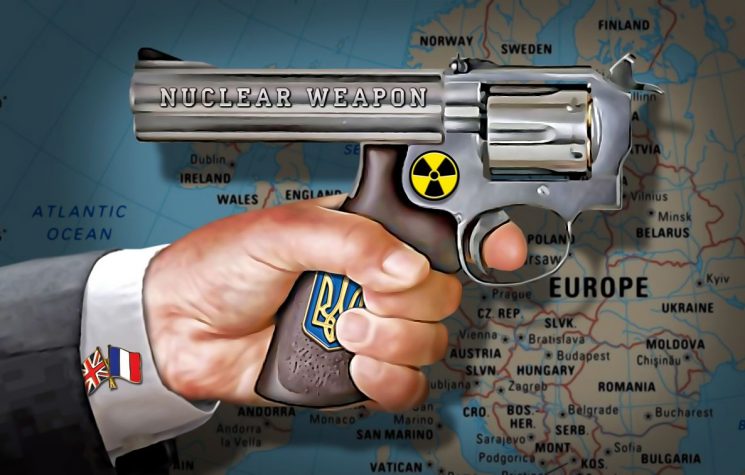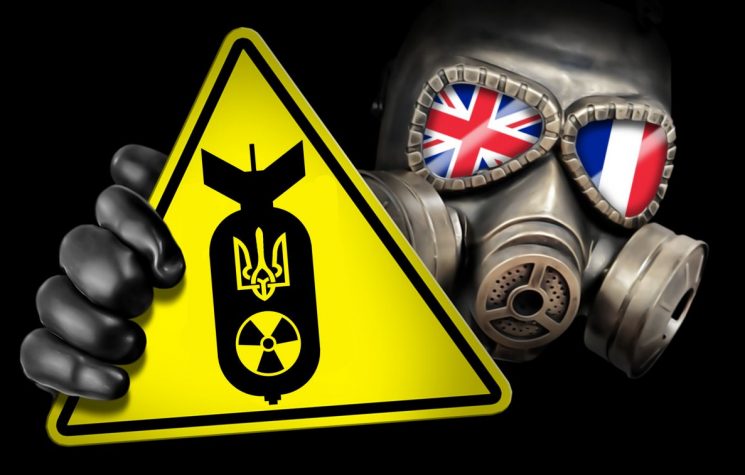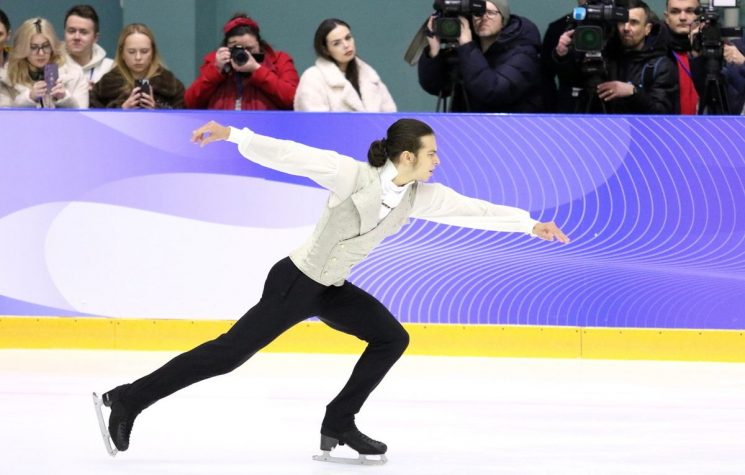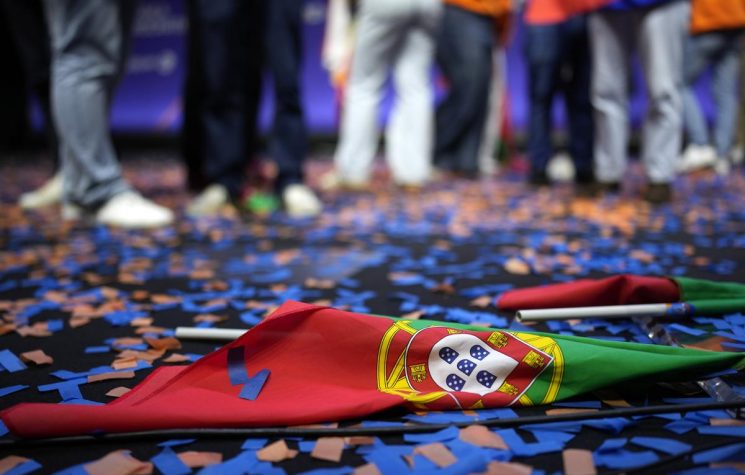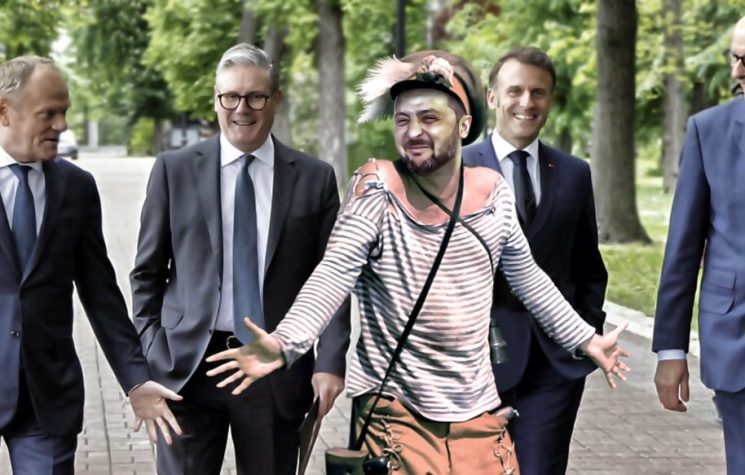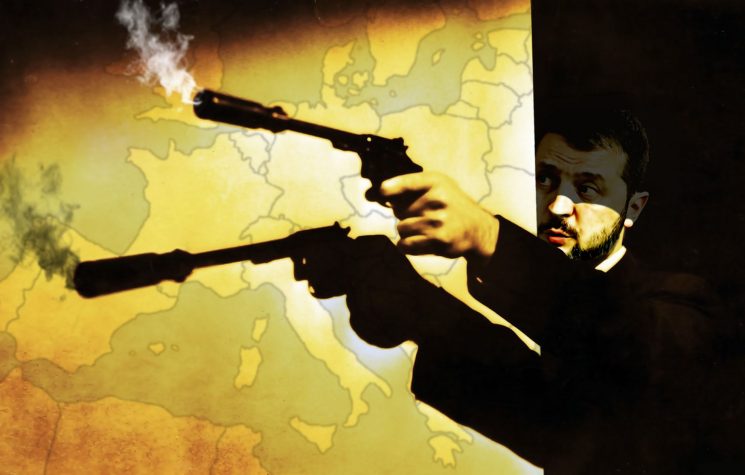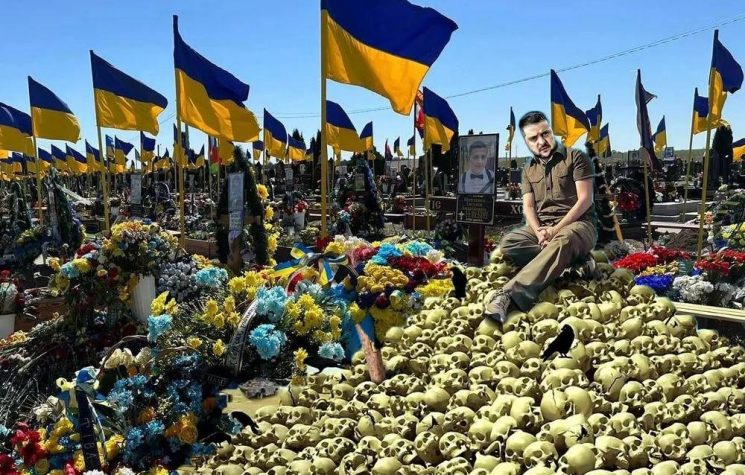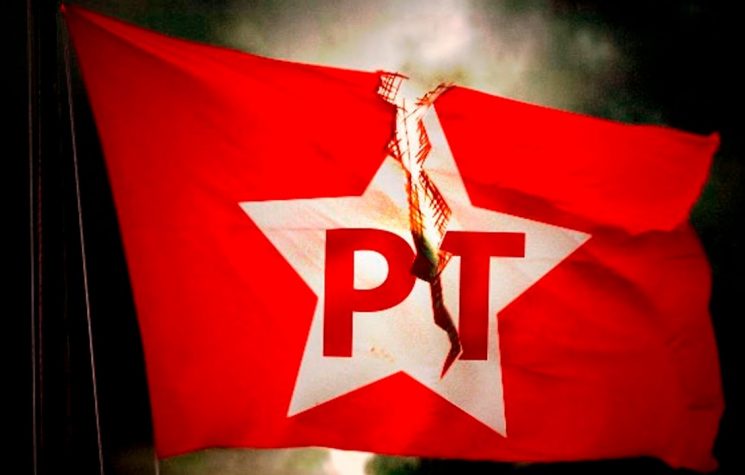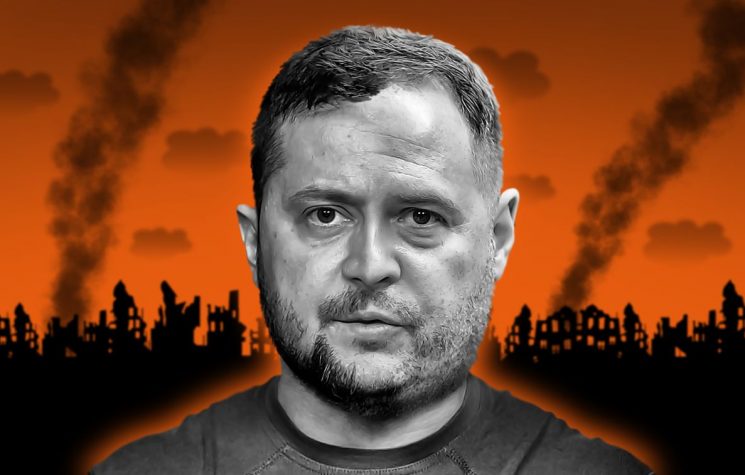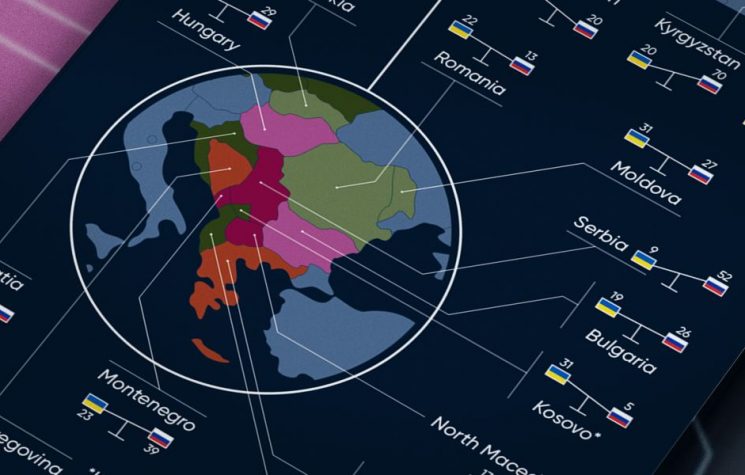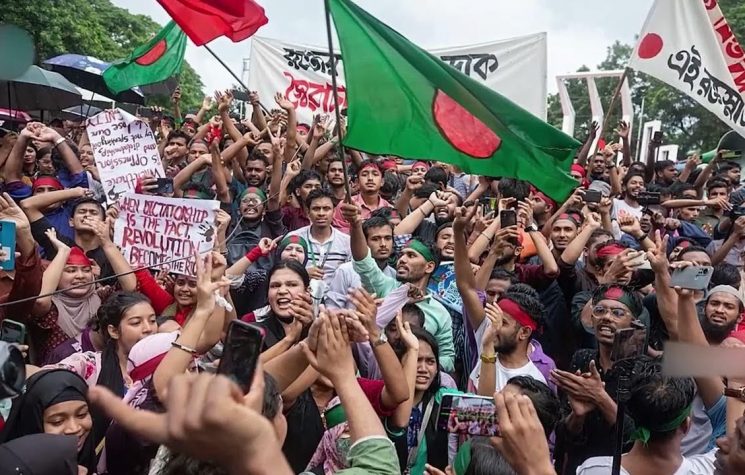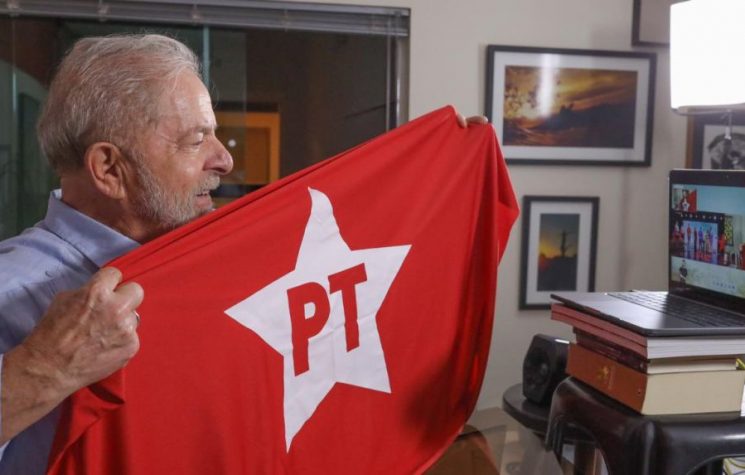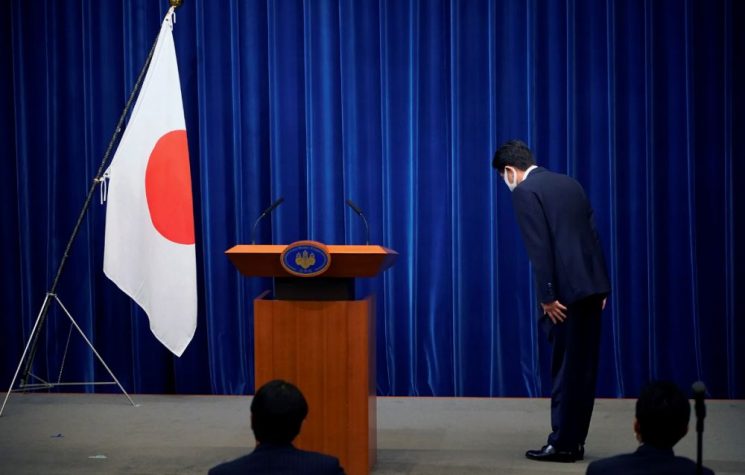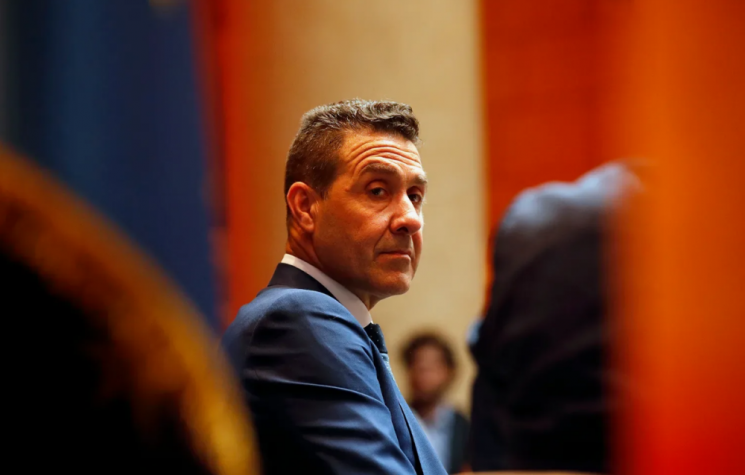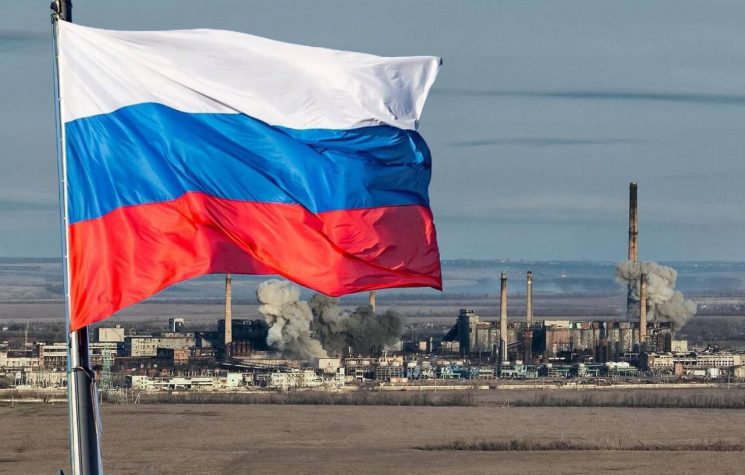Zelensky fears the imminent defeat and its possible consequences.
❗️Join us on Telegram![]() , Twitter
, Twitter![]() , and VK
, and VK![]() .
.
Contact us: info@strategic-culture.su
You can follow Lucas on X (formerly Twitter) and Telegram.
Recently, Ukrainian President Vladimir Zelensky commented to journalists about the possibility of Kiev renouncing its demand for the “1991 borders” during peace negotiations with the Russian Federation. Until then, any negotiation that did not consider the 1991 borders was absolutely banned by the Ukrainian government, but, due to this sudden “change”, Kiev is being now described by the Western media as having “diplomatic goodwill”.
Russian-Ukrainian peace talks have been interrupted since the reintegration of the four new regions of the Russian Federation. Induced by its Western sponsors, the Zelensky government has endorsed a stance of rejecting any conversation that would establish a territorial reconfiguration of Ukraine. Kiev demands not only the four new regions, but also Crimea, which has not been part of Ukraine since 2014.
In a recent CBS interview, however, Zelensky told journalists that the retaking of the territories will not necessarily need to be achieved by military means. He now believes it is possible to engage in peace talks without demanding Russian withdrawal from the New Regions as a prerequisite. Zelensky still hopes to “recover” such areas, but believes it will be possible to do so in the long term through diplomacy — or with the Russians voluntarily retreating from such areas after being “pressured” internationally.
It is curious that Zelensky changes his position on peace negotiations precisely now, when the conflict appears to be entering a new phase. The Russians are clearly increasing the intensity of their attacks, retargeting infrastructure targets and even hitting Ukrainian command and intelligence centers. Some experts believe that there will soon be a formal change in the status of the operation, from being a simple “special military operation” to becoming a “counter-terrorist operation” — with Moscow taking all necessary measures to neutralize Ukraine’s combat capabilities.
The recent Ukrainian terrorist attacks on Belgorod and Kursk, in addition to Kiev’s possible involvement in the Crocus City Hall massacre, are motivating Moscow to review the nature of the operation. In fact, it will be necessary to take measures that end the enemy’s combat capacity as quickly as possible, considering that Kiev is using all its war apparatus to kill innocent civilians, instead of fighting a symmetrical war.
It must be remembered that recently Russian forces attacked Ukrainian intelligence headquarters in Kiev. The operation appeared to be direct retaliation for the massacre in Krasnogorsk, although no official commented on the matter. All this data makes it clear that Moscow’s patience with Kiev is running out, with the neo-Nazi regime’s officials being increasingly pressured to stop their criminal practices against Russians.
In this scenario, the regime leader seems to be in an uncomfortable position. He cannot surrender, as his Western sponsors do not allow it, but he also does not have the ability to continue fighting in the long term. The solution then is to continue receiving weapons from the West to at least keep Ukrainian soldiers on the battlefield, even if there is no expectation of victory.
However, with his international image weakened, Zelensky is increasingly less popular to justify Western countries’ support for the neo-Nazi regime. Furthermore, the Ukrainian president is constantly seen as bellicose and aggressive “beggar” due to his refusal to participate in peace negotiations and his insistence on asking for weapons. Certainly, the West is trying to rehabilitate Zelensky, making him appear as a diplomatically willing leader open to dialogue. The objective is simple: propose unrealistic and absurd peace plans, so that Moscow refuses to sign an agreement and Kiev has then an excuse to ask for more weapons.
Obviously, Russia will not accept any peace agreement that does not include the formation of its new oblasts. Popular referendums showed the will of the local people to be part of the Russian Federation — and Moscow fulfilled this request. Russians cannot simply “abandon” their own people, which is why agreements that exclude the new regions will be ignored.
In practice, faced with imminent defeat and the possible loss of even more territories, the neo-Nazi regime is scared, trying to reduce the damage. Instead of doing the right thing, negotiating on Russian terms and accepting losses on the battlefield, Kiev prefers to simply pretend that it is seeking peace.










